Home »
Misc »
How to prepare for basketball season
How to prepare for basketball season
5 Steps to Get Ready for the First Day of Basketball Season
Basketball Tip
Get Ready for Basketball Season
First Day of Practice To Do List
1. Be hydrated. If you are thirsty, you are already dehydrated. Water helps you think clearly and make the best decision in the moment.
2. Be thankful. Research shows the higher your gratitude level the more problems you will solve. If you miss a shot, continue your positive self-talk. Do not self-punish, it leads to more mistakes. If you make a mistake, take responsibility and then move on by disciplining your mind to say to yourself one thing you love about life and basketball.
3. Eyes should be off your coach. If players walk into practice with the number one goal of impressing their coach, they will fail.![]() They will make bad decisions, their focus will be on their coach rather than on the game. Plus, it is human nature to be turned off when you feel someone is trying to impress you. However, if you choose to walk into practice totally committed to serving the team and giving a 100% toward that goal, your coach will be impressed.
They will make bad decisions, their focus will be on their coach rather than on the game. Plus, it is human nature to be turned off when you feel someone is trying to impress you. However, if you choose to walk into practice totally committed to serving the team and giving a 100% toward that goal, your coach will be impressed.
4. Write out the goals you want to achieve. These should be goals you can control such as "I want to remain positive and thankful the entire practice. I commit to not focusing on the coach and worrying about his/her opinion of me. I want to spotlight all of my teammates. I want to work hard each drill. I commit to not comparing. I commit to diving for every loose ball. I commit to taking the open shot with confidence. I commit to not forcing my shot. I commit to blocking out every time. I commit to great defense."
5. Pick one word or phrase to represent your goals. Say this word to yourself during the practice. It could be "Sacrifice, Commitment, Passion, 100%, Focus, Work Hard.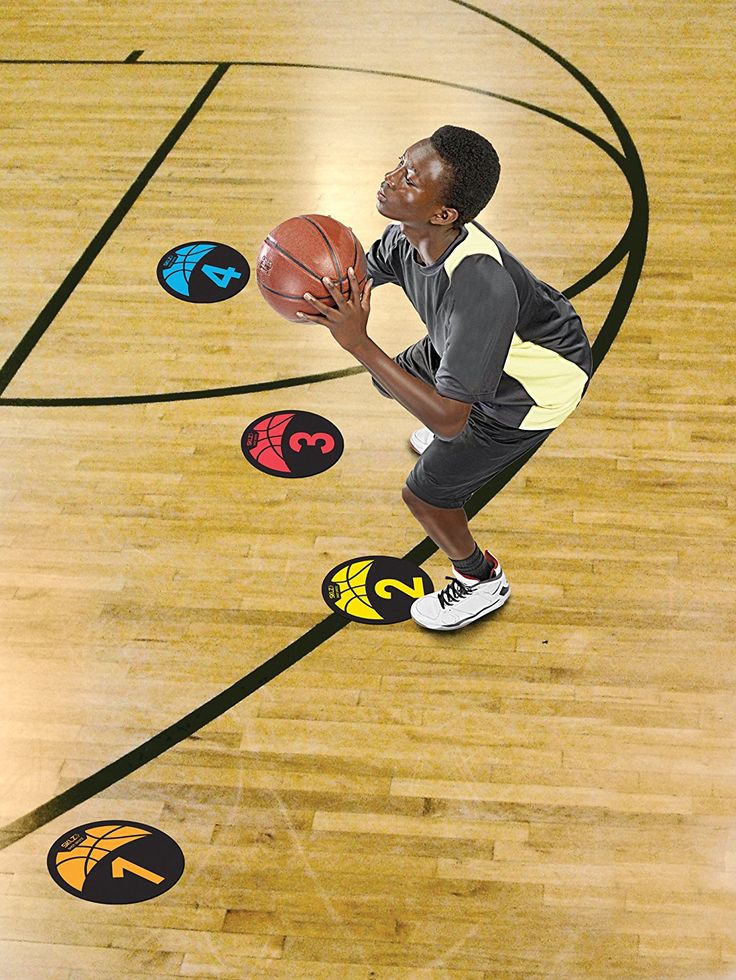 "
"
Quick Tips
- "Spinach" before practice helps your shot. ("Spinach" is a shooting drill taught at all NBC Camps)
- Run your hands under hot water (not burning) but hot enough to get your hands really warm.
- The more nervous you are the tighter your shot will be. Visualize yourself playing and shooting with freedom and accuracy.
- Play hard. Some players attempt to cover up nerves by acting like they don't care. This will earn you a spot on the bench.
- Be thick-skinned. Don't let criticism shake you, don't compare, discipline your mind to be mentally tough.
Want more tips and advice? Sign up for NBC Camps free newsletter
About NBC Basketball Camps
NBC Basketball Camps are located in 18 cities and six countries. For boys and girls of all ages and abilities, these basketball camp programs are comprehensive training camps to build you as a person and player.
Share This
Prepare for basketball season with these five items
The start of high school basketball practice is about one month away.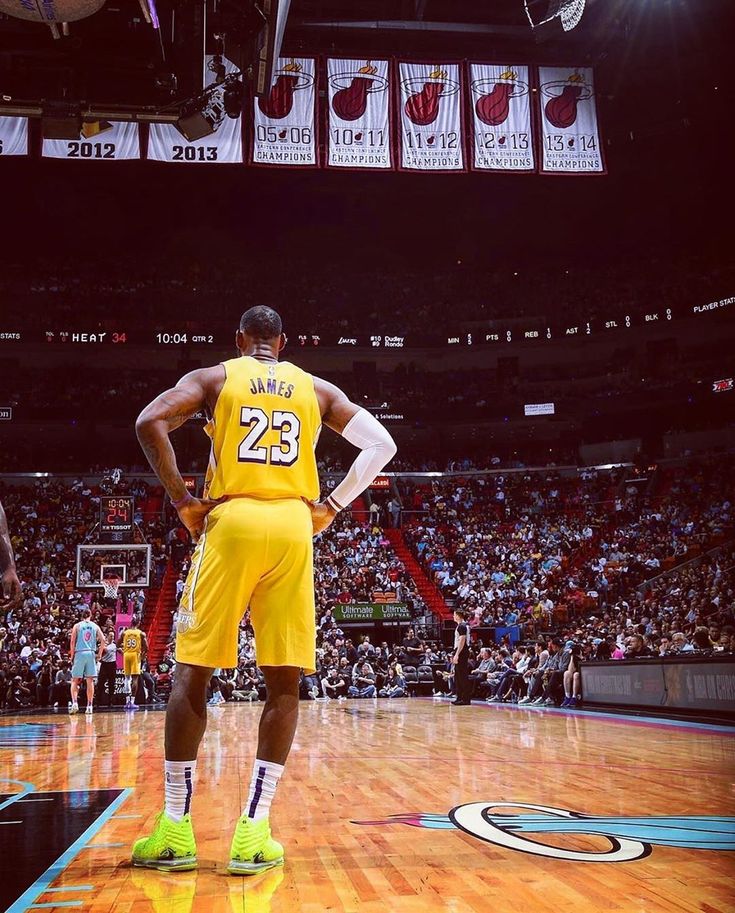 At this point, serious basketball players have probably put in a heavy offseason of training. But this is not the time to slow down! With one month to go, there are still some important things you can do to prepare for basketball season and make this your best high school season yet.
At this point, serious basketball players have probably put in a heavy offseason of training. But this is not the time to slow down! With one month to go, there are still some important things you can do to prepare for basketball season and make this your best high school season yet.
Here are five things that you can do to prepare for basketball season and make sure you are at your peak when the season gets here.
#1 – Talk to your high school coach
The coach is going to determine the team you play on and the role that you have on your team. So, if you haven’t done so already, be sure to touch base with them and ask them how you should prepare for basketball season. If you already know the team you are going to be playing for (Varsity, JV, Sophomore) ask that coach for 10 minutes of their time to discuss what your role will be on the team and the skills you need to work on. This way there are no surprises when the season starts. If the coach is serious about coaching, they will gladly keep you going in the right direction.
#2 – Start the season in shape
One of the biggest pet peeves for a coach is having to spend extra time conditioning their players. Your team’s practice time is limited. Before your first game, your coach has to put in offensive sets, man-to-man and zone defense, full court presses, and half court traps. They need to teach defensive principles and rotations. There are sideline and baseline out-of-bounds plays.
Putting all this in and teaching it takes time. The last thing a coach wants to worry about is whether their players are conditioned to make it through a whole game or even practice.
Be sure you spend a good amount of time each week building your distance and sprint conditioning. Basketball requires both. You have to be able to sprint up and down the court and do it for an entire game. Conditioning is an important yet often overlooked way to prepare for basketball season.
#3 – Fine-tune your skill sets
You’ve only got a month to get ready but it is not too late to tune up those basic skills. That means tightening up your ball handling, improving your footwork in the post, or coming off of screens, quickening your shot release, and improving your passing accuracy.
That means tightening up your ball handling, improving your footwork in the post, or coming off of screens, quickening your shot release, and improving your passing accuracy.
#4 – Get up to pick up
The best way to test where your skills and conditioning are is to put them into game-like situations. Pick up games, showcase camps and open gyms are great because you get to play at game-like speed but your mistakes don’t count. At the end of the day, you never take home a loss but you can learn a lot about where your game is at. Dissect what you did good and bad and then make your adjustments.
BONUS: Increase your discipline and confidence by playing in pick-up games before school. Few things will build you up more than proving you are ready to play anywhere, anytime. Find a pick-up game before school at a local church or rec center. Can’t find one? That is a great chance to build your leadership skills. Convince 3-7 teammates to meet you before school, either at the gym or a park, to play 2 on 2 or 5 on 5.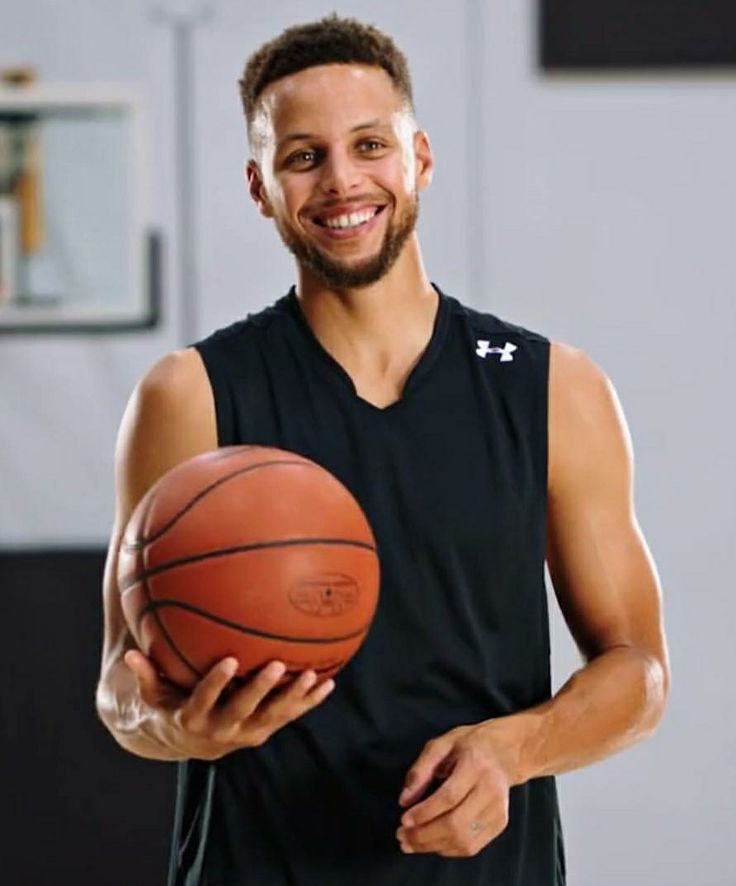
#5 – Adapt to your role to be a great teammate
As you play more and more with your teammates, your role will start to become more obvious. Sometimes that role is not what you expected it to be. But that is how life works. Embrace that role and become the best there ever was at it. You may now be the defensive specialist, the big-time rebounder, or the key screener on your team. If you become elite at any of these roles, your coach will find it very difficult to take you out of games.
By looking at all five of these items and working toward their completion, a player can be confident that they have maximized the opportunity to prepare for basketball season and will give themselves a great chance for success.
11 videos to help you get ready for the
basketball season
11 videos to help you get ready for the basketball season
How many times did Timofey Mozgov's salary increase, how to get 10 thousand dollars for one throw, what did the captain of the Russian women's team Evgenia Belyakova do in Hollywood and did the CSKA cheerleaders prepare well for the season - "Match TV" shows the brightest basketball videos that you can't miss.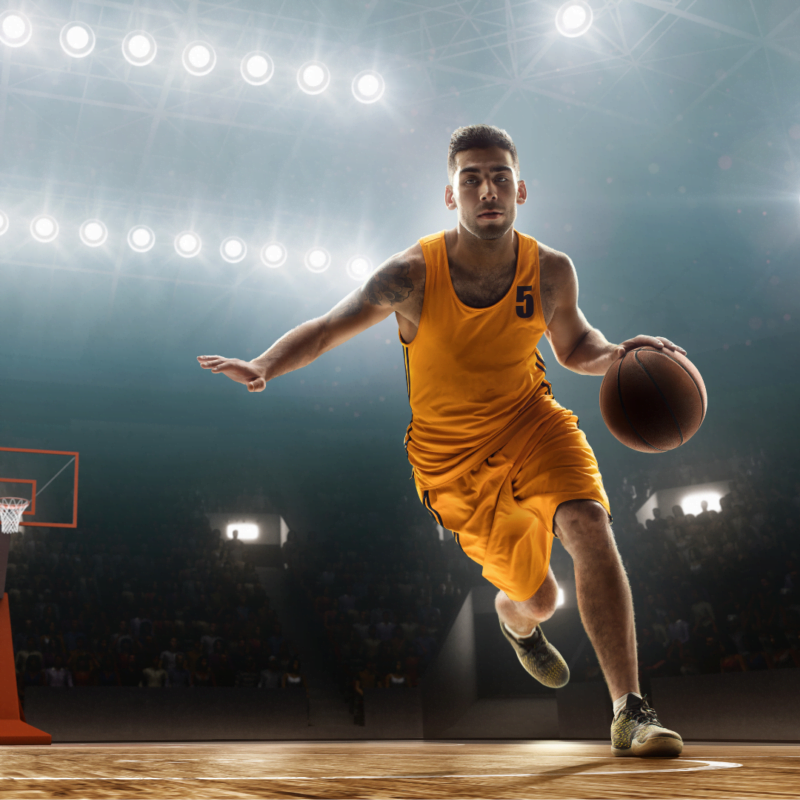
Photo: © RIA Novosti/Alexey Filippov
In June, Timofey Mozgov became the NBA champion with the Cleveland Cleveland, and two weeks later moved to one of the most legendary clubs in the world, the Los Angeles Lakers. In California, the Russian center will earn on par with Hollywood stars ($64 million over 4 years). Mikhail Reshetov got into the pocket of Mozgov and other basketball players who signed new contracts.
Open video
The captain of the Russian women's national team Evgenia Belyakova left for Los Angeles a few months before Mozgov. In Europe, the season is just starting, and in the women's NBA, Belyakova's club, the Los Angeles Sparks, is already playing in the semifinals. Correspondents of the program "Sports Interest" visited the basketball player and went with her to Hollywood to the accompaniment of Russian pop music.
Open video
Another Russian NBA champion, Alexander Kaun, ended his career immediately after winning the final against Cleveland. And big basketball began for the future center of CSKA and the Russian team on this site, at the University of Kansas. Collegiate players are banned from getting paid, but spectators can win $10,000 in a single roll.
And big basketball began for the future center of CSKA and the Russian team on this site, at the University of Kansas. Collegiate players are banned from getting paid, but spectators can win $10,000 in a single roll.
Open video
Vitaly Fridzon and Alexander Ovechkin master a new sport together - synchronized diving - and prepare for the next Olympics. And Timofey Mozgov is going to inspect a new place of work - Los Angeles. "Match TV" and the "Best Ball Game" program know what the basketball players did this summer.
Open video
CSKA returned from vacation and held a traditional meeting with fans. Which of the basketball players of the capital's team was invited to the fan's birthday, you will learn from the Match TV report.
View video
What changes have taken place over the summer in Russian clubs and what to expect from the new season, tells the program "All for the match".
Open video
And VTB United League President Sergey Kushchenko in an interview with Match TV introduces us to the newcomer of the tournament, Parma Perm, and tells us whether the league is going to expand further to the east.
Open video
The club season is just beginning, and the Russian men's team has already played all its matches this year. In the summer, the new team gathered for the first time under the leadership of the new head coach Sergei Bazarevich, won 13 out of 13 possible victories in friendly and official games and qualified for the 2017 European Championship. The collection of impressions of the qualifying tournament includes not only the bright game of the national team, but also the performance of the Russian anthem by the Kuban Cossack choir.
Open video
You don't have to be on your feet to learn how to play basketball. And to be a winner every day, it is not necessary to win medals and cups.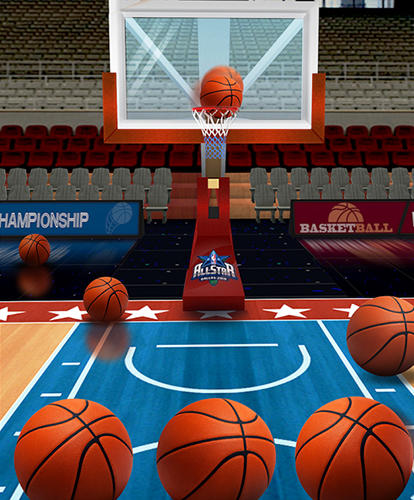 In the program "Sports Beyond", Dmitry Shnyakin tries his hand at wheelchair basketball.
In the program "Sports Beyond", Dmitry Shnyakin tries his hand at wheelchair basketball.
Open video
October 3 was a day of remembrance for two great basketball players with the same last name. The main trophy of the VTB United League bears the name of Sergei Belov, the 1972 Olympic champion who scored 20 points in the final against the Americans. His namesake Alexander Belov scored the winning goal for the USSR national team in the same match. One lived 69years, the other is only 26. Watch this video to better know the history of domestic basketball and pay tribute to its legends.
Open video
Another legend, the outstanding coach Alexander Gomelsky, was named after the pre-season tournament, which ended with the victory of CSKA for the seventh time in a row. The best club in Europe and its support team are ready for the season.
Open video
Announcement photo: RIA Novosti/Aleksey Filippov
By using this site, you consent to the use of cookies. At this stage, you can refuse the use of cookies by configuring the necessary settings in your browser.
At this stage, you can refuse the use of cookies by configuring the necessary settings in your browser.
Psychological preparation of basketball players | Physical education
Author: Poletaeva Nina Petrovna
Organization: MBU SShOR "Yunost"
Settlement: Belgorod region, Stary Oskol
CONTENTS
| | Introduction | 3 |
| 1. | Content and tasks of psychological training of basketball players | 3 |
| 2. | Types of regulation of mental states of an athlete | 4 |
| 3. | The content of the psychological preparation of basketball players | 4 |
| 4. | Literature | 10 |
| | | |
Introduction
Basketball is the most important means of physical education aimed at increasing the efficiency and improving the psychophysical qualities of those involved.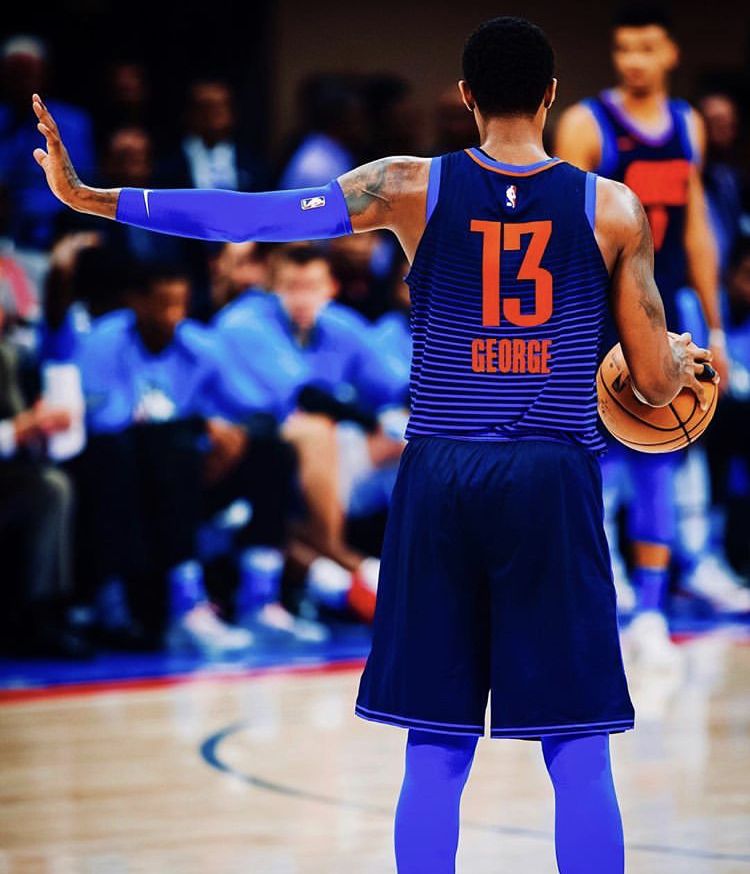 This is an exciting team game that contributes to the development and improvement of the physical, mental and intellectual qualities of a person; players' mastery of professional motor skills and abilities. Basketball instills in athletes willpower, endurance, perseverance, courage, determination, self-confidence, a sense of duty and responsibility, patriotism and collectivism. The effectiveness of the education of these qualities depends, first of all, on how purposefully the relationship between the physical, psychological and moral education of athletes is carried out in the training process. The training process in basketball is built on increasing the complexity and intensity of training sessions, acquiring special knowledge by players about the psychophysiological properties of the individual, the structure of the body and the biomechanics of human movements. In the process of detailed preparation for a long season full of various competitions and, directly, in the lessons on the technique and tactics of the game conducted by the coach, athletes acquire the necessary professional knowledge, skills and abilities to increase the variety of individual and team technical and tactical actions of basketball players.
This is an exciting team game that contributes to the development and improvement of the physical, mental and intellectual qualities of a person; players' mastery of professional motor skills and abilities. Basketball instills in athletes willpower, endurance, perseverance, courage, determination, self-confidence, a sense of duty and responsibility, patriotism and collectivism. The effectiveness of the education of these qualities depends, first of all, on how purposefully the relationship between the physical, psychological and moral education of athletes is carried out in the training process. The training process in basketball is built on increasing the complexity and intensity of training sessions, acquiring special knowledge by players about the psychophysiological properties of the individual, the structure of the body and the biomechanics of human movements. In the process of detailed preparation for a long season full of various competitions and, directly, in the lessons on the technique and tactics of the game conducted by the coach, athletes acquire the necessary professional knowledge, skills and abilities to increase the variety of individual and team technical and tactical actions of basketball players.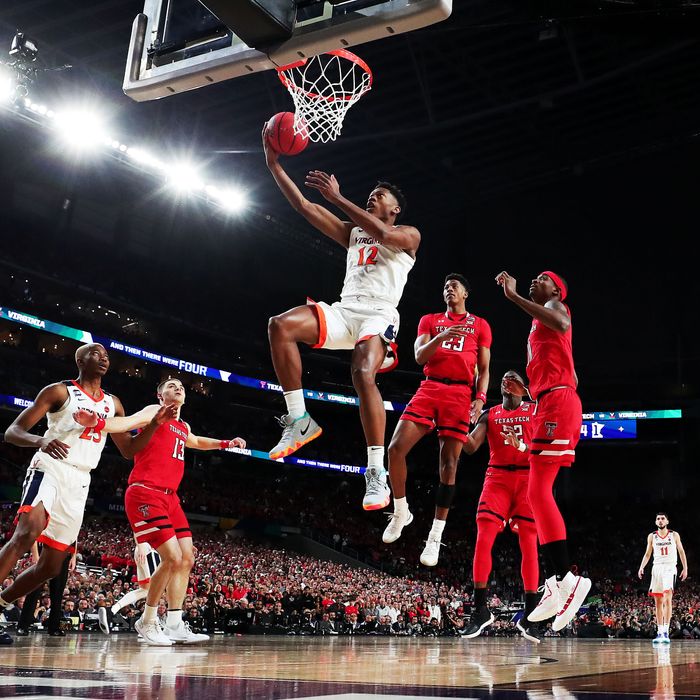 This suggests that the key to the successful performance of a basketball team in competitions is the high sports training of players (which is mainly realized in sports training), which includes all aspects of preparing athletes for a long sports season (theoretical, technical, tactical, moral-volitional and psychological). Thus, sports training is a complex specialized process aimed at the formation, development and improvement of the necessary physical, psychophysical and psychophysiological qualities of players, which has a versatile effect on athletes.
This suggests that the key to the successful performance of a basketball team in competitions is the high sports training of players (which is mainly realized in sports training), which includes all aspects of preparing athletes for a long sports season (theoretical, technical, tactical, moral-volitional and psychological). Thus, sports training is a complex specialized process aimed at the formation, development and improvement of the necessary physical, psychophysical and psychophysiological qualities of players, which has a versatile effect on athletes.
Basketball is a team sport that requires full dedication from each player in changing game episodes on the court; it allows you to develop endurance, good coordination of movements, flexibility, mobility and jumping ability in the game. It is an excellent school for teaching the interaction of players in a team, because success in the game depends not only on the developed eye of the athletes, but also on their ability to understand the intentions and tactics of other team members. An important factor is the ability of players to make instant decisions, taking into account the game situation on the court, since the specifics of the game involve sudden changes in direction and pace, which alternate with forced jumps during shots, fighting for a high ball and trying to cover the throw. The main task of the coach in preparing for the sports season is to gradually lead the players to optimal physical, technical, tactical and mental readiness.
An important factor is the ability of players to make instant decisions, taking into account the game situation on the court, since the specifics of the game involve sudden changes in direction and pace, which alternate with forced jumps during shots, fighting for a high ball and trying to cover the throw. The main task of the coach in preparing for the sports season is to gradually lead the players to optimal physical, technical, tactical and mental readiness.
- Content and tasks of psychological training of basketball players
Psychological preparation is understood as a pedagogical process of formation and improvement of personality traits important for sports and mental qualities underlying them, in other words, psychological preparation can be understood as the process of formation of a sports character [5].
The character of an athlete is determined by the properties of the personality, which is formed by fixing the necessary psychological states caused by certain mental processes.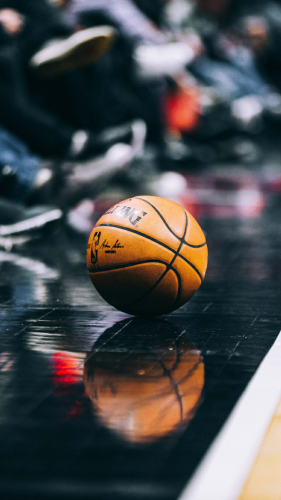 In terms of the psycho-pedagogical theory of activity, the management of mental states and the education of personality traits are correlated as a means and a result.
In terms of the psycho-pedagogical theory of activity, the management of mental states and the education of personality traits are correlated as a means and a result.
In this case, the mental state is understood as the corresponding attitude of the athlete to the world around him, which can arise both under the influence of external influences of the coach (external regulation of mental states), and due to the efforts of the athlete himself (self-regulation of mental states). Consequently, the coach, in addition to his own influence on the athlete's psyche, must teach him the methods of self-influence, which will significantly increase the effectiveness of the process of psychological preparation.
- Types of regulation of mental states of an athlete
J. Wooden notes the importance of psychological training in basketball: every coach must know psychology and be a psychologist. Speaking about the “pyramid of success” he developed, which is based on diligence and enthusiasm, and faith and perseverance help to reach the peaks, he writes: “We all differ in our abilities.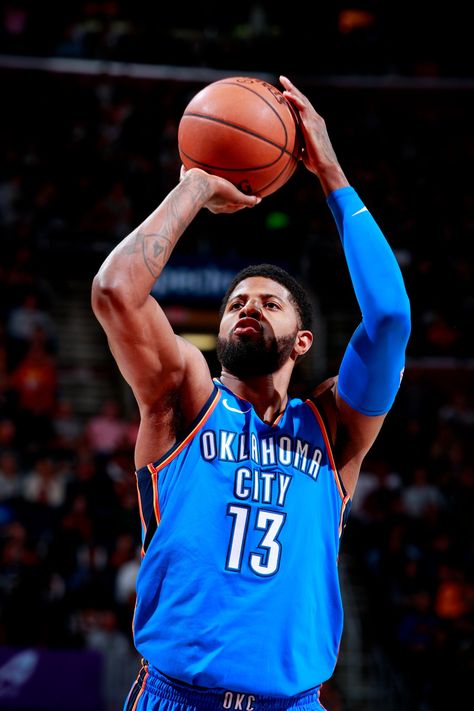 Some may have more abilities than you, they may be bigger, faster, stronger and have superiority in other physical qualities, but no one should surpass you in such very important qualities and characteristics as team spirit, enthusiasm, hard work, cooperation, constancy, determination, honesty, sincerity, reliability and integrity. Acquire and keep these qualities - and success is guaranteed" [2].
Some may have more abilities than you, they may be bigger, faster, stronger and have superiority in other physical qualities, but no one should surpass you in such very important qualities and characteristics as team spirit, enthusiasm, hard work, cooperation, constancy, determination, honesty, sincerity, reliability and integrity. Acquire and keep these qualities - and success is guaranteed" [2].
The need for special psychological preparation for sports competitions is clear to anyone who is preparing himself for a career as a basketball coach. Preparing a basketball player for high sporting achievements is a long process that requires certain lifestyle restrictions associated with the need for large time expenditures to participate in training. Therefore, it is important to form an appropriate psychological attitude not only to sports competitions, which are a bright holiday, but also to the heavy gray everyday life of a long training process.
All of the above allows us to consider the content of the psychological preparation of basketball players in three interrelated blocks: 1) psychological preparation for the training process; 2) psychological preparation for competitions; 3) regulation of mental states in a particular match.
Hence there are three general tasks of basketball players' psychological preparation:
— to form a positive attitude to the training process;
— to form mental qualities that contribute to success in competitions;
- create favorable mental states in a particular match.
- The content of psychological training of basketball players
High results in modern sports require many years of intense sports training and a lifestyle subordinate to it. The athlete must be psychologically prepared for this. Such preparation is carried out in the course of the sports training itself due to the constant formation of motives that are the motives for sports and training activities, or through the creation of favorable attitudes towards various aspects of the training process. This division is conditional, since motives can be formed, in particular, through the creation of appropriate relationships. However, the specificity of motivation requires its separate consideration.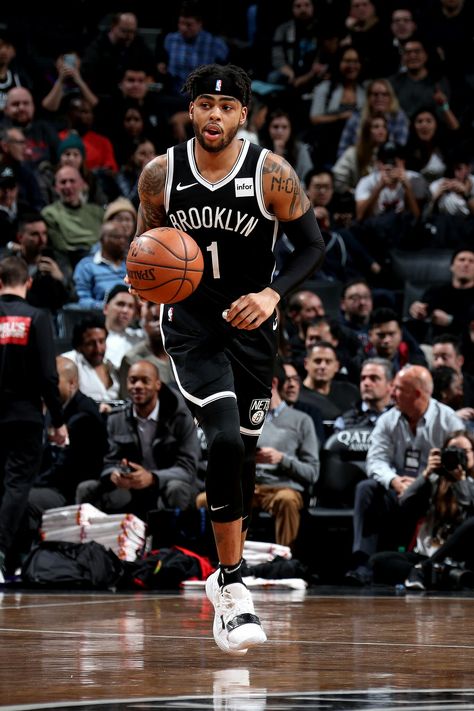 The process of formation of motives and attitudes towards sports training, in addition to external regulation by the coach, can be carried out, as noted above, by self-regulation. This is an important component of the content of psychological preparation for a long training process.
The process of formation of motives and attitudes towards sports training, in addition to external regulation by the coach, can be carried out, as noted above, by self-regulation. This is an important component of the content of psychological preparation for a long training process.
From here it is possible to formulate particular tasks of psychological preparation of basketball players for a long training process:
— to form motivation for the training process;
— to form relationships that ensure the success of the training process;
— teach methods of self-regulation of psychological states.
Analysis of numerous scientific and popular literature on psychology,
experience in psychological counseling of game students and a series of experimental studies conducted jointly with students of the Samara State University of Architecture and Civil Engineering, allowed the author to come to the following conclusions.
The desire to train can arise in a player without the influence of external reasons, arbitrarily, from the awareness of sports training as a goal, from interest in the game, the desire to improve one's skills, etc.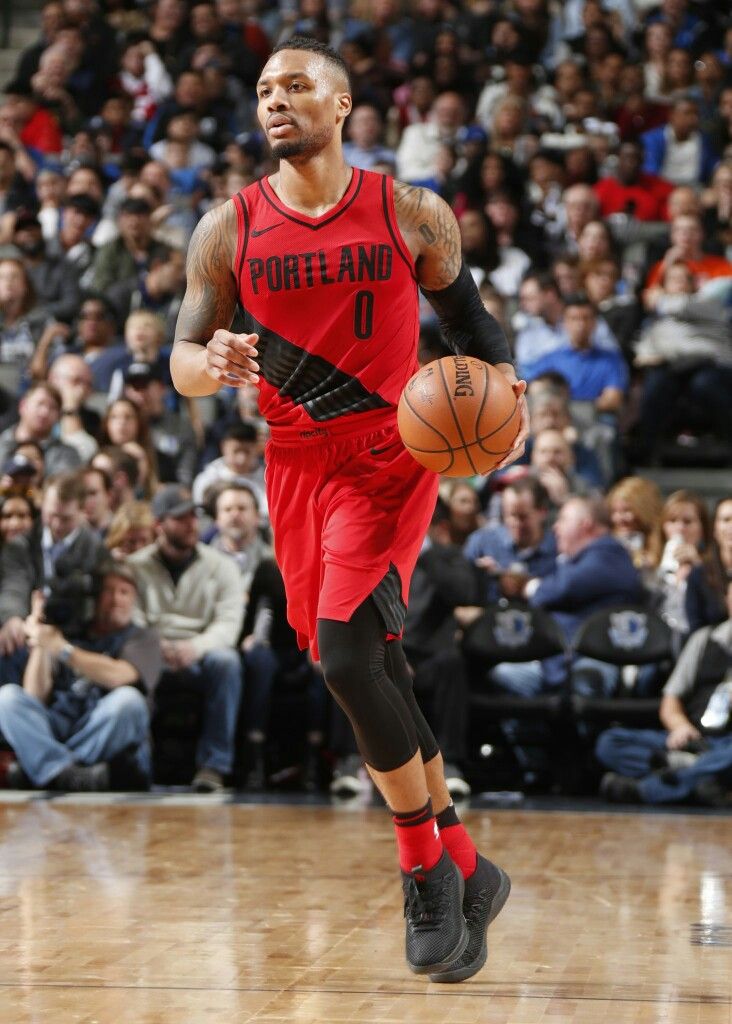 It can also be caused by external factors, such as punishment and encouragement, threat and demand, group pressure, expectation of future benefits, etc. All these incentives
It can also be caused by external factors, such as punishment and encouragement, threat and demand, group pressure, expectation of future benefits, etc. All these incentives
for sports training (in any activity in general) are called motives in psychology.
Motivation is the most important part of the learning process, and coaches are doing the right thing by focusing on this aspect of training. Most often, a coach motivates his players using rewards and punishments.
However, it is quite clear to specialists that when a coach is concerned about raising the level of motivation of his players, relying on their self-esteem, common sense and the need for self-improvement, he achieves better results.
According to special studies of foreign sports psychologists, among the motives for going in for sports, attractive for young people can be considered the possibility of maximizing their abilities, the ability to control oneself and the environment, and achieve physical perfection.:no_upscale()/cdn.vox-cdn.com/uploads/chorus_asset/file/13128999/KELDON_JOHNSON_MBB2018_01_CW_600x900.jpg)
Less significant motives include the desire to be a “real man” (for boys), achieve social status, or receive large monetary rewards.
Setting distant goals. Winning a city, country, world championship, or the Olympics are examples of far-reaching goals. The coach must show the player a series of intermediate goals, the successive achievement of which will lead the player or team to achieve far distant goals. At the same time, it is important that the achievement of the first intermediate goals is difficult, but real, allowing the athlete to experience a sense of success. Gradual achievement of goals after intense training contributes to the formation of an attitude towards a serious attitude to the training process.
Shaping and maintaining a mindset for success. At the heart of these actions of the coach is the encouragement of the development of the sports ambition of the players. Among the means of forming and maintaining the attitude to achieve success or develop sports ambition, one can note the promotion of the athlete's success.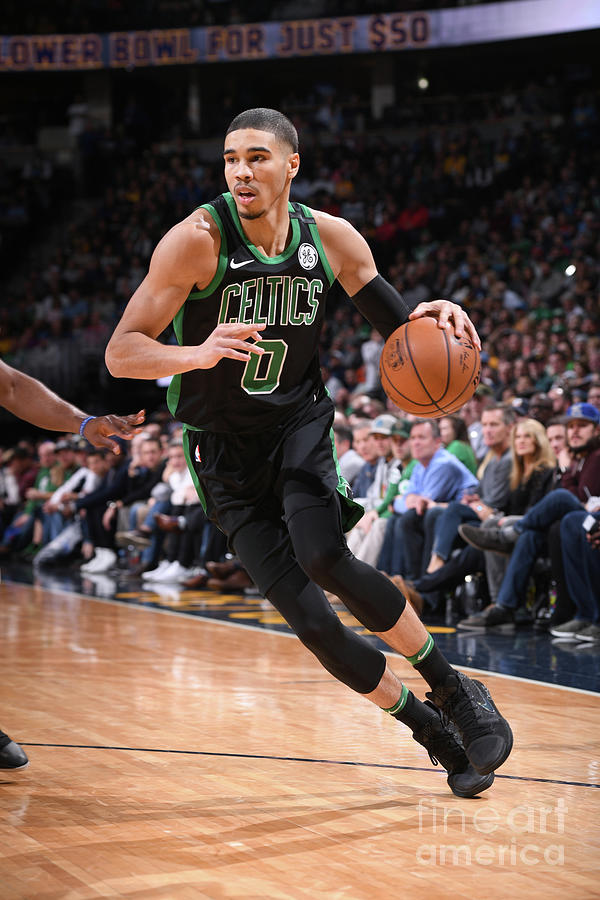 This is facilitated by the constant posting of statistical reports on the achievements of basketball players in individual components of the game on the wall of the gym, the creation of stands with photos of the best players and sports trophies of the team, mentions in the media about the sports achievements of individual players and teams, etc. At the same time, the coach must control the process of the formation of sports ambition and prevent it from turning into the form of sports vanity.
This is facilitated by the constant posting of statistical reports on the achievements of basketball players in individual components of the game on the wall of the gym, the creation of stands with photos of the best players and sports trophies of the team, mentions in the media about the sports achievements of individual players and teams, etc. At the same time, the coach must control the process of the formation of sports ambition and prevent it from turning into the form of sports vanity.
The optimal ratio of rewards and punishments. The most common means of increasing the motivation of players to the training process is the coach's assessment of their performance in the form of praise or disapproval. Any of these methods are more useful than the coach's markedly indifferent attitude towards a player with insufficient motivation. The issue of preferential use of praise or disapproval is decided based on the needs of a particular pedagogical situation and the player's personal characteristics, and in this sense, the behavior of the coach should be quite flexible.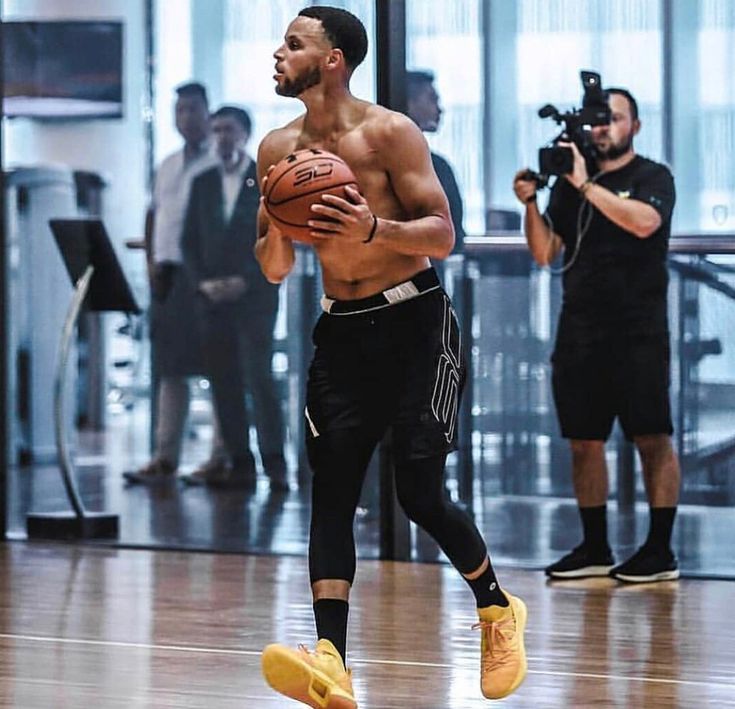 In addition to praise, real symbols of the players' achievements are used as an encouragement: badges, diplomas, tokens, medals, prizes, etc.
In addition to praise, real symbols of the players' achievements are used as an encouragement: badges, diplomas, tokens, medals, prizes, etc.
Emotionality of training sessions. It is understandable that praise or disapproval by a coach elicits an emotional reaction from the players. Thus, motives are closely related to emotions. In other words, if the training process is not emotional enough, it is difficult to maintain the necessary motivation for it.
The increase in the emotionality of the training process and the corresponding motivation for it on the part of basketball players is facilitated by the inclusion of outdoor games in the training, the competitive method of organizing exercises, the introduction of background music into certain parts of the training, the presence of spectators at individual training sessions, the encouragement of the emotional behavior of the players, the emotional behavior of the coach himself .
Development of team traditions. The formation of a close-knit team of players and team spirit is one of the important means of increasing the motivation of basketball players for the training process. When a player begins to feel that his personal efforts help to solve collective problems, he has a different attitude to the training process. The development of the team's traditions is facilitated by the unified sportswear of the players, the organization of festive rituals, for example, on the birthdays of the players or the reception of new team members, commemorative tournaments and tournaments of team veterans, festive evenings after the end of the season, etc.
When a player begins to feel that his personal efforts help to solve collective problems, he has a different attitude to the training process. The development of the team's traditions is facilitated by the unified sportswear of the players, the organization of festive rituals, for example, on the birthdays of the players or the reception of new team members, commemorative tournaments and tournaments of team veterans, festive evenings after the end of the season, etc.
Special decoration of the room for the team, as described by B. Knight, can also become a tradition.
Motivation is a year-round process. Players need to know what we expect from their games. We have a lot of slogans that we put up in the team room. One of them: "Victory loves those teams that are less likely to make mistakes." Basketball is a game of mistakes, and the team that makes fewer mistakes has the best chance of winning.
Pete Newell, who in my opinion is the best basketball coach in the world, shared this view: “Basketball is a simple game.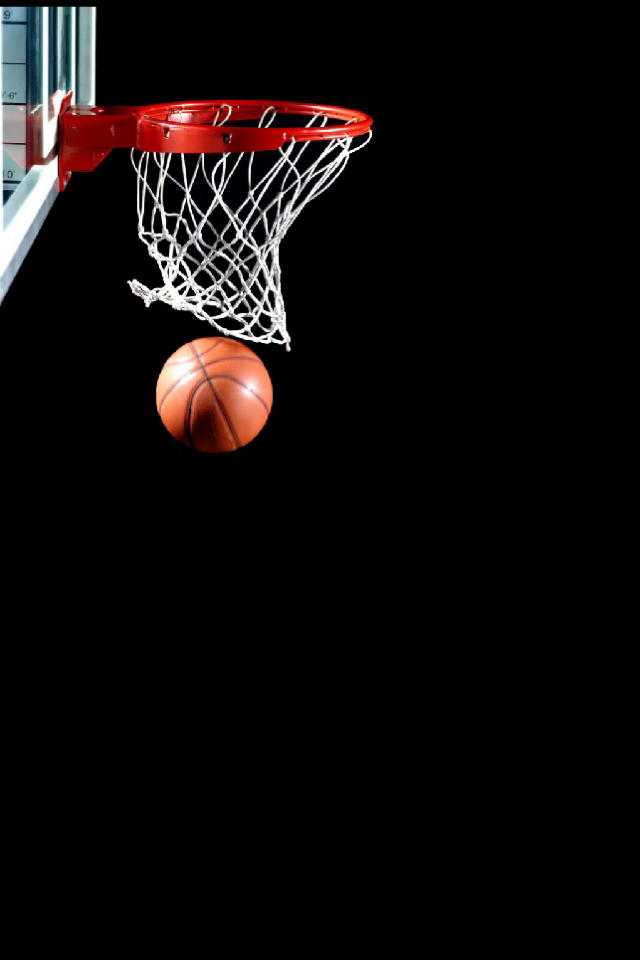 You must hit more accurately than the opponent and make more throws. If you hit more accurately than they do, it says about your attack. If you hit more than they do, it speaks to your defense."
You must hit more accurately than the opponent and make more throws. If you hit more accurately than they do, it says about your attack. If you hit more than they do, it speaks to your defense."
Another of our slogans: "Calmness and movement equals an accurate throw." I also encourage mine to read and leave materials in the locker room that I believe will help the player in their development as both a citizen and a player, motivation keeps your players doing what is necessary to play basketball successfully.
Making collective decisions. Discussing the goals and particular tasks of the training process with the team, making collective decisions on training and lifestyle issues under the guidance of a coach significantly increase the players' motivation for the training process. An excellent example of this is the experience of B. Knight.
Goals are set for the whole team, in accordance with this, static information is collected at each game, with which the players get acquainted after the end of the game, dividing it into three groups - attack, defense and general.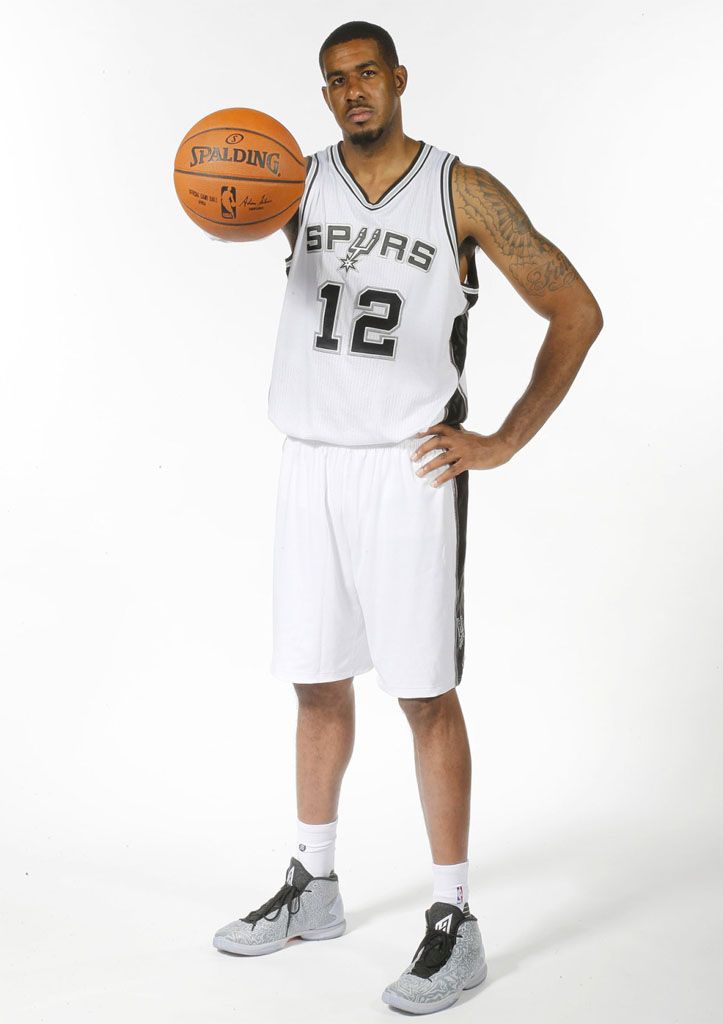 On the side of each goal, leave a place to mark the result. If we have reached the goal, we write down the percentage in black, if not, we make a mark in red. Goals should be challenging enough, but achievable. We've maxed out at eight goals in a single game, and have averaged five goals in every game over the last two seasons.
On the side of each goal, leave a place to mark the result. If we have reached the goal, we write down the percentage in black, if not, we make a mark in red. Goals should be challenging enough, but achievable. We've maxed out at eight goals in a single game, and have averaged five goals in every game over the last two seasons.
Attack targets: field goals - 52%; free throws - 75%; losses -10%.
Objectives of defense: 1) to prevent the opponent from scoring more than 65 points per game; 2) to prevent the opponent from exceeding 42% of the effectiveness in shots from the field; 3) prevent any of the opponent's players from scoring more than 20 points; 4) force the opponent to make 214 losses.
General goals: 1) to score first in each half; 2) pick up 58% of all bounces; 3) commit no more than 16 personal fouls; 4) make 12 throws more than the opponent.
If you achieve all these goals, it will be impossible to lose. It is not enough to tell a player to play to the best of their ability. This task must be specified in numbers.
This task must be specified in numbers.
At first glance it seems that Knight is talking about a special psychological preparation for the competition. However, it is not difficult to imagine how the players begin to relate to the training process after making these kinds of collective decisions.
Personal characteristics of a coach. A strong motivating factor in the conscientious attitude of players to the training process is the personality of the coach himself.
To quote B. Knight again: “Motivation starts with the coach. We must motivate ourselves daily. I try to do this by going to every training session, counting everything from the moment I enter the court, for example, if there is any of the players that I need to reprimand in order to set them up for a good job.
Among the many characteristics of a coach's personality that help motivate players, one should first of all name confidence, exactingness, optimism and perseverance, curiosity and professional intuition.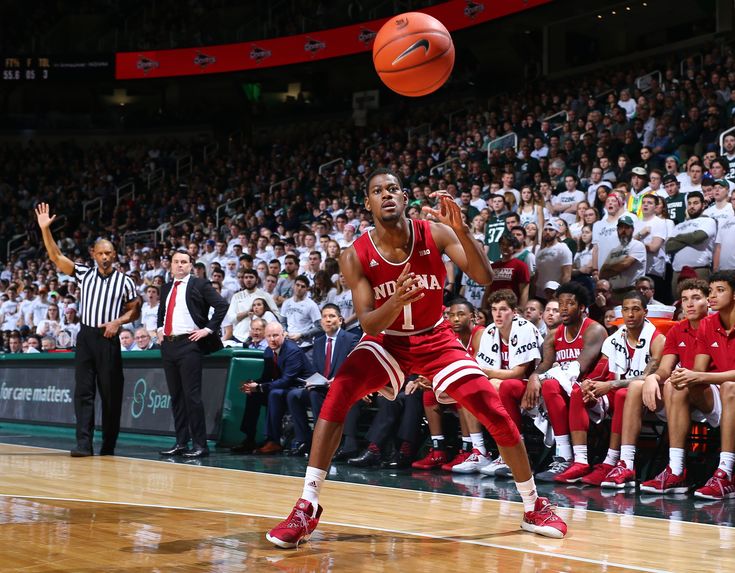
The coach must be confident in his competence and the decisions he makes. We must remember: the fact that your team is not in the top three, and you yourself are not yet part of the coaching elite, constantly mentioned in the media, does not mean that you cannot train. Your confidence instills faith in your students.
The coach must be equally exacting (we are talking about discipline) to all players. Otherwise, he will begin to lose confidence in himself. It is good if behind his firmness the players will feel friendliness, respect for themselves. In the end, the success of the coach and the success of his students are interdependent, which is a sufficient basis for mutual respect.
Coach's optimism helps players to overcome the inevitable difficulties of the training process. Everyone understands that it's easier to be optimistic when your team is winning. If she loses, it is useful to recall the statement of Albert Einstein and Leonardo da Vinci that 90% of their experiments ended in failure. But they were persistent, and this ultimately determined their success. Remind your students of this.
But they were persistent, and this ultimately determined their success. Remind your students of this.
Dictionaries define curiosity as the desire to acquire new knowledge; inquisitiveness. At first glance, the coach's curiosity concerns only himself. In fact, everything in the communication between an athlete and a coach is interconnected. An inquisitive coach is always eager to learn more about the secrets of his profession. His wide erudition helps him explain to the players the patterns of the training process and the need to use certain means of training in it. Knowledge of this kind helps players to form a meaningful positive attitude towards the training process.
But it's not so much about this, but that the training process is too multifaceted, and each player is too individual to give recipes for all occasions in advance. The most necessary at the moment ways of influencing students, including to increase their motivation, the coach helps to find professional intuition, the development of which is determined, on the one hand, by practical experience, and on the other hand, by the desire to acquire new knowledge, or curiosity.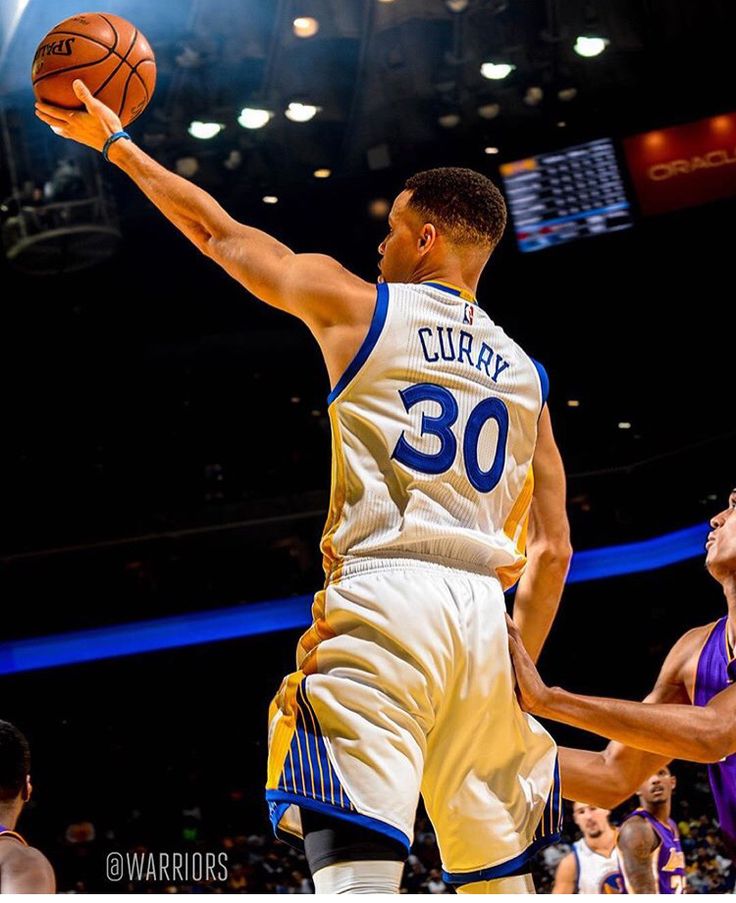
Summing up, it should be noted that, according to one of the country's leading hockey coaches V.V. Tikhonov, the final meaning of the coach's activity is not physical, technical or tactical training, but the formation of the will of the ward. And the development of the will is associated primarily with the formation of a rich motivational and semantic sphere of the players. And the coach must know how to do it.
In addition to the formation of players' motivation, the coach's task also includes the formation of a system of attitudes towards different aspects of the training process. "The system of relations determines the nature of the experiences of the individual, the peculiarities of the perception of reality, the nature of behavioral reactions to external influences." The elements of the system of players' attitudes to the training process are the attitude to sports training in general, the attitude to physical activity, the attitude to training sessions, the attitude to the sports regime.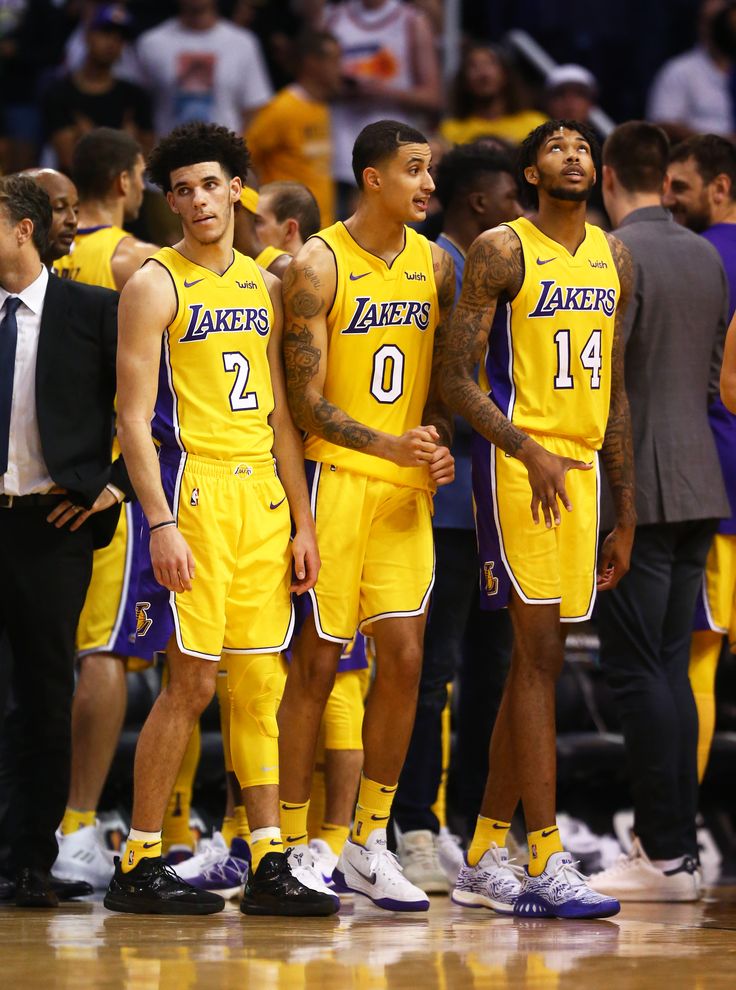
In order to create a positive attitude of players towards sports training in general, the coach should not determine the team's starting line-up during the pre-season. It is better for him to constantly change the starting five so that the substitutes do not feel useless. According to B. Cosey, the late deadlines for determining the starting five make the entire team take a more responsible attitude to the training process.
D. Wooden advises ending each practice session on a positive note so that the coach and players look forward to the next session. If the coach and players end a session in an irritated or pessimistic state, they are unlikely to look forward to the next session and have to start under difficult conditions that might not be there.
Fear of large training loads is basically removed by good motivation. Hockey coach V.V. Tikhonov talked about the "barriers" that are built in front of each athlete and coach in his activity and which must be overcome in order to move on.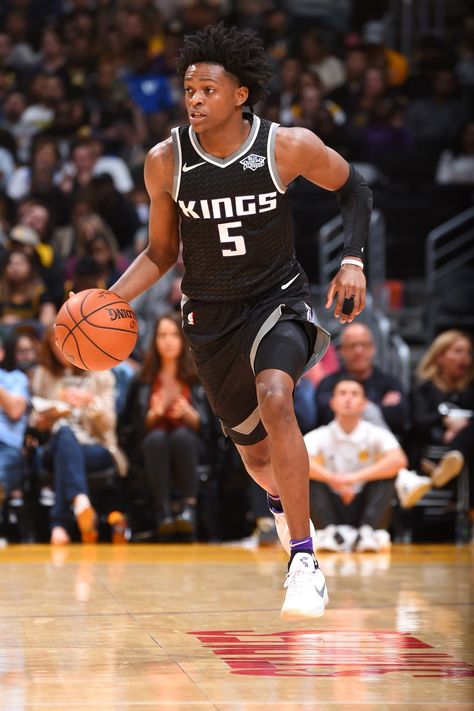 His main ideas included the following provisions:
His main ideas included the following provisions:
1) there are no limits in loads;
2) the idea that one should take care of oneself is wrong. As soon as the thought of “saving” oneself appears, the athlete ends there: he was unable to overcome such a barrier;
3) the athlete must strive to be in peak form all the time, avoiding a drop in form.
V.V. Tikhonov sees it in breaking the barrier of fear - the fear of burden.
D. Wooden also talked about the experience of developing positive attitudes towards large training loads through the collective acceptance of what he called “training rules”. Here are some of them: “Never think about your bruises and fatigue. If you are tired, think about how your opponent might have run out of steam”; “The condition is improved by hard training work after you are exhausted. Force yourself to work when you get tired”; "Set a goal for yourself to be in better condition than your supposed opponents." Copies of these jointly agreed rules are given to each player on the team, after which, according to Wooden, he must either agree with them or leave the team.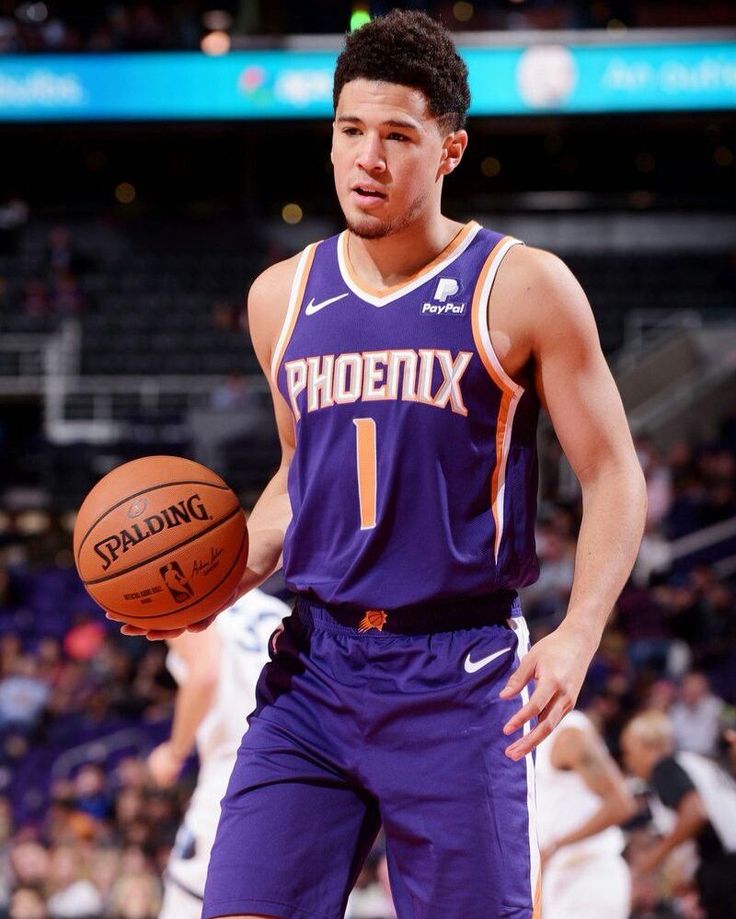
Practice has shown that following the principles formulated above significantly speeds up the process of transferring the nature of the team's activities from collective to joint.
References:
[1] Vavilov A.L. Group cohesion, individual readiness and effectiveness of the game of the basketball team // Actual problems of human knowledge in the field of
educational activity: materials of the annual scientific session of the BPA on May 25
2000 - St. Petersburg: BPA, 2000.
[2] Wooden D. Modern basketball / Per. from English. and foreword. E.R. Yakhonotov. - M .: Physical culture and sport, 1987.
[3] Gomelsky A.Ya. Basketball team management. - 2nd ed., add. - M.: Fizkultura i sport, 1985.
[4] Gomelsky A.Ya. Prove yourself right by winning. — M.: Sovetskaya Rossiya, 1987.
[5] Gorbunov G.D. Psychopedagogy of sports. - M.: Physical culture and sport, 1986.
[6] Daimatsu H. Follow me / Per.